Pros And Cons Of Commercial Meat Processing Equipment Suppliers
As a business owner in the food processing industry, selecting the right commercial meat processing equipment supplier is a critical decision that can significantly impact your operations. With the right supplier, you can ensure efficient production, high-quality products, and cost-effectiveness. However, there are also potential downsides to consider. In this article, I’ll share my insights on the pros and cons of commercial meat processing equipment suppliers, helping you make an informed choice.
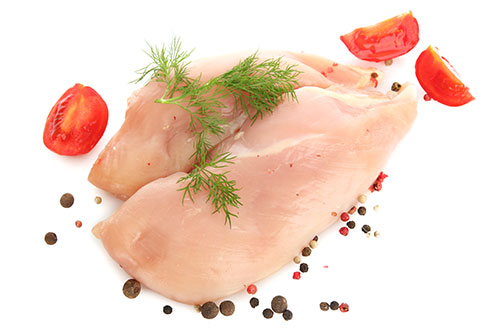
Pros of Commercial Meat Processing Equipment Suppliers
High-Quality Equipment
- Advanced Technology: Reputable suppliers often offer the latest technology, ensuring your operations are efficient and up-to-date.
- Durability and Reliability: High-quality equipment tends to last longer and perform more reliably, reducing downtime and maintenance costs.
Comprehensive Support Services
- Training and Installation: Many suppliers provide installation services and training for your staff, ensuring that the equipment is set up correctly and used efficiently.
- Maintenance and Repairs: Access to professional maintenance and repair services can help prolong the life of your equipment and prevent costly breakdowns.
Wide Range of Products
- Customization Options: Leading suppliers often offer customization options to meet the specific needs of your business.
- Variety: A broad selection of equipment means you can find everything from cutting machines to packaging solutions under one roof.
Compliance and Certification
- Regulatory Standards: Reliable suppliers ensure that their equipment meets industry standards and regulatory requirements, such as safety and hygiene certifications.
Cost Savings in the Long Run
- Efficiency: High-quality equipment can improve processing speed and reduce waste, leading to cost savings.
- Energy Efficiency: Modern equipment is often designed to be more energy-efficient, which can lower your utility bills.
Cons of Commercial Meat Processing Equipment Suppliers
High Initial Costs
- Expensive Equipment: High-quality, advanced equipment often comes with a hefty price tag, which can be a significant upfront investment for your business.
- Additional Costs: Installation, training, and maintenance services can add to the overall cost.
Dependence on Supplier
- Service Availability: Relying heavily on a supplier for maintenance and parts can be problematic if the supplier is not responsive or goes out of business.
- Replacement Parts: Proprietary parts may be expensive or difficult to source from other vendors.
Complexity of Equipment
- Training Needs: Advanced equipment may require extensive training, which can take time and resources.
- Maintenance Complexity: High-tech machinery might need specialized maintenance, which can be costly and time-consuming.
Lead Times and Availability
- Production Delays: If the supplier has long lead times, it could delay your production schedule.
- Stock Issues: Popular models may be out of stock, causing further delays.
Potential for Over-Specification
- Unnecessary Features: There is a risk of purchasing equipment with features that are not necessary for your operations, leading to wasted investment.
Conclusion
Choosing a commercial meat processing equipment supplier involves weighing the benefits of high-quality, reliable equipment and comprehensive support against the potential downsides of high costs and dependency. By carefully evaluating your needs and the offerings of potential suppliers, you can find the right partner to help your business thrive.
Consider factors such as the quality and range of equipment, the level of support provided, compliance with industry standards, and the long-term cost-effectiveness of the equipment. By making a well-informed decision, you can optimize your meat processing operations and ensure sustained success in the competitive food processing industry.
Must-Read Blogs For Chain Restaurants Owner

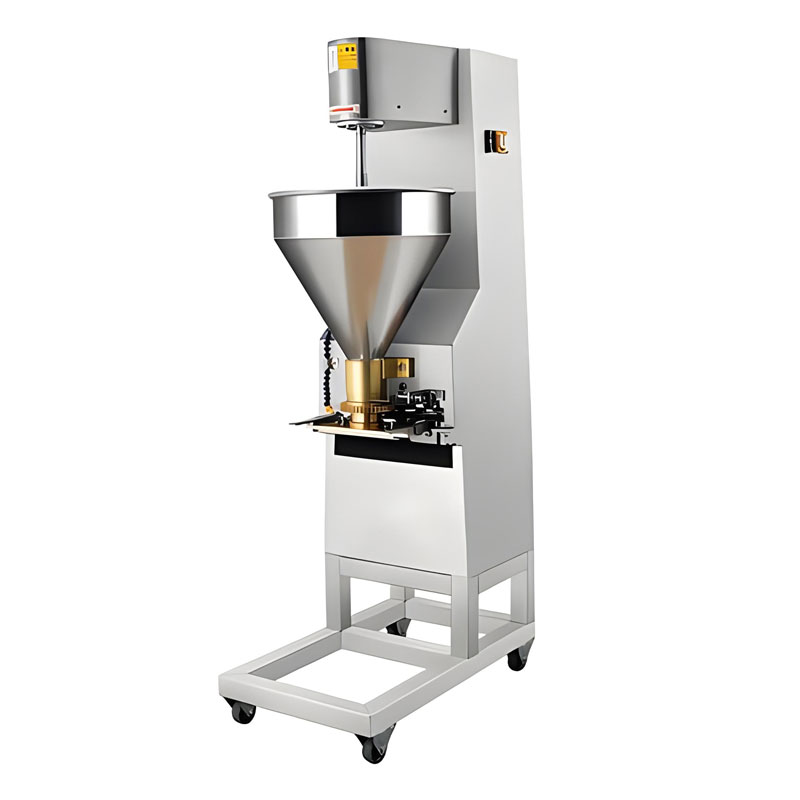
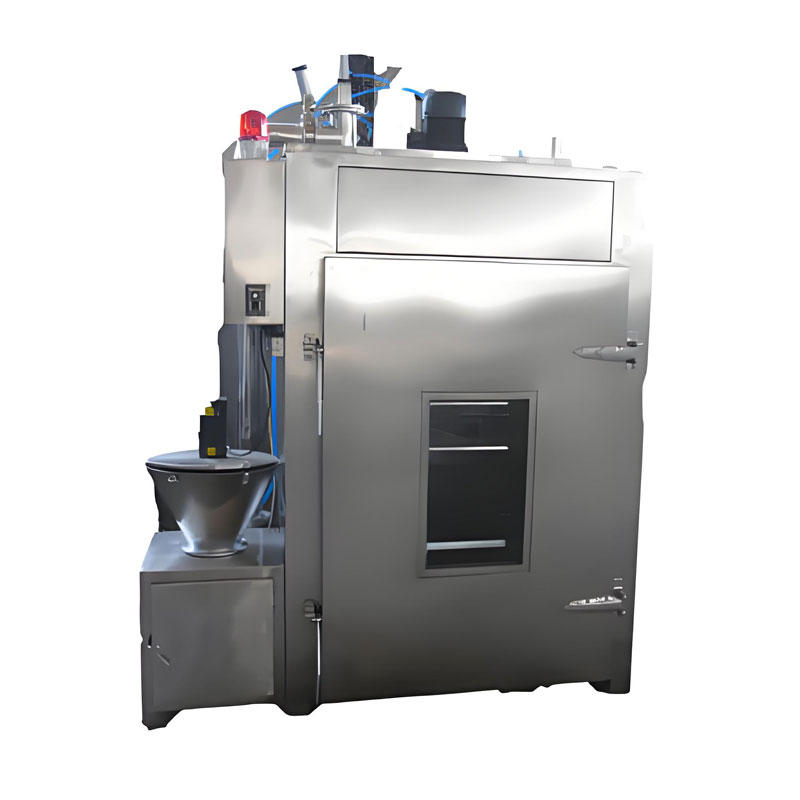
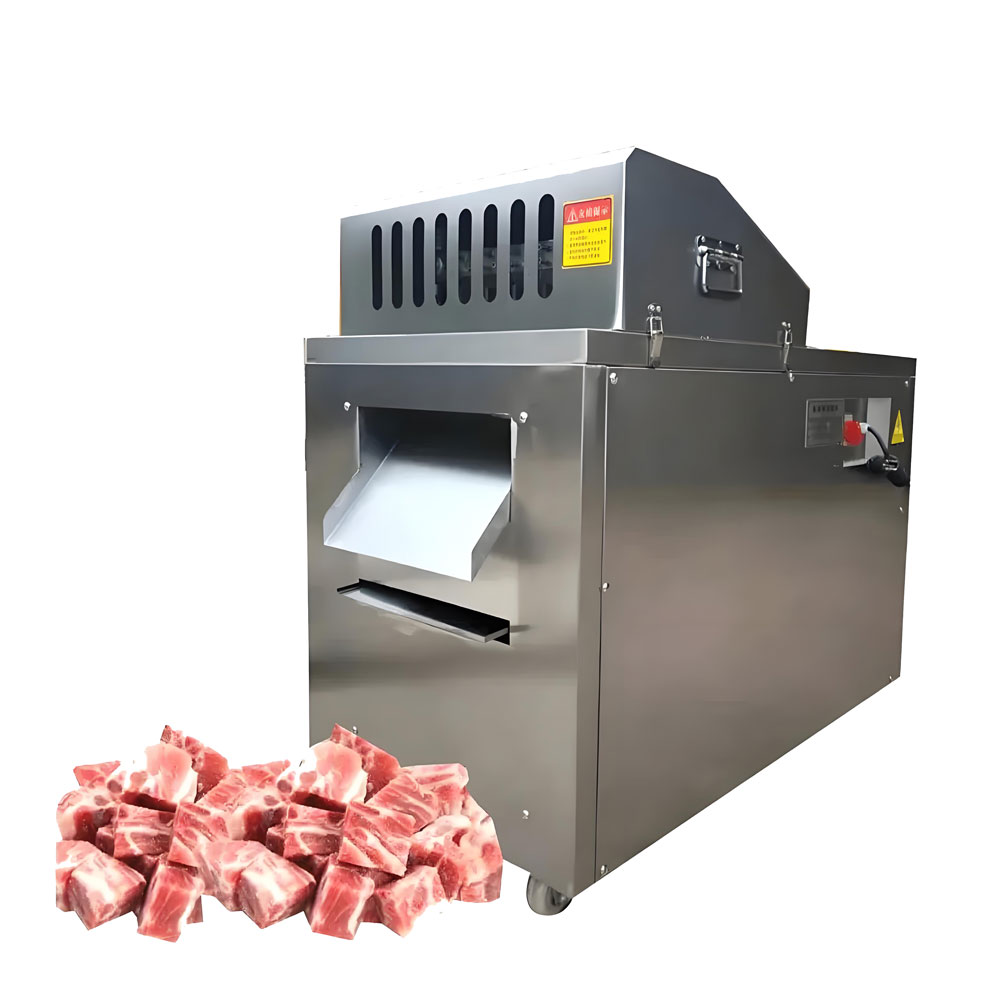
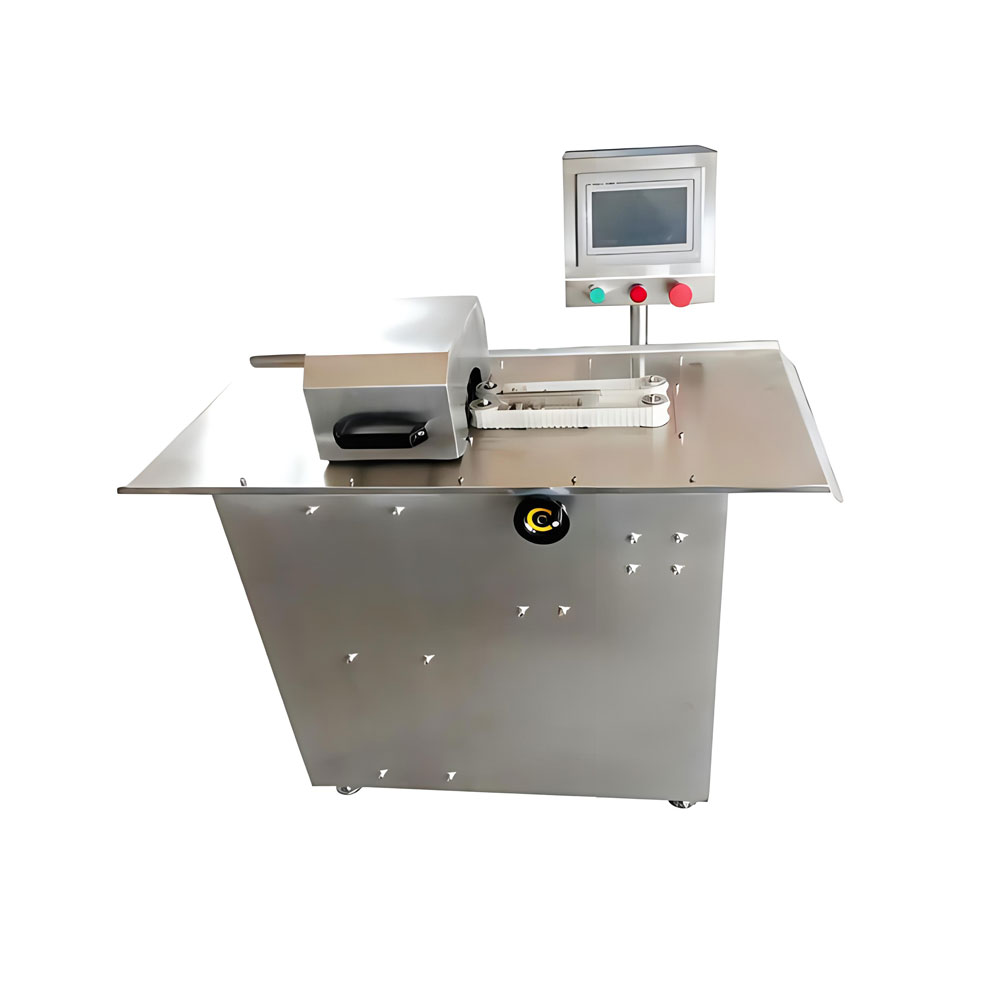
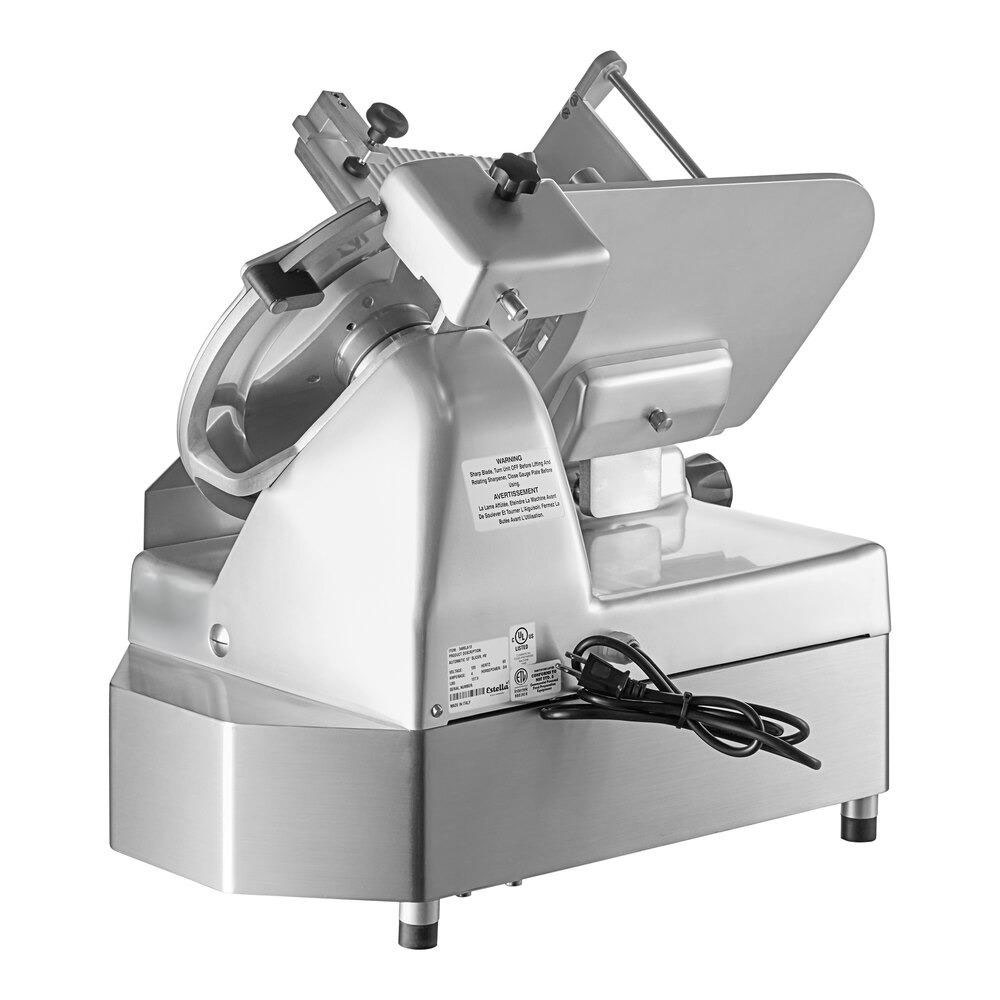
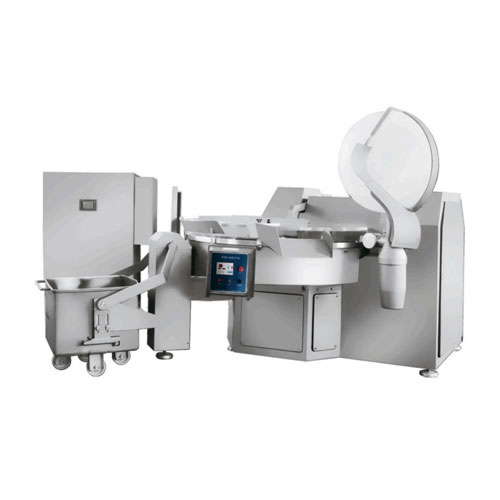
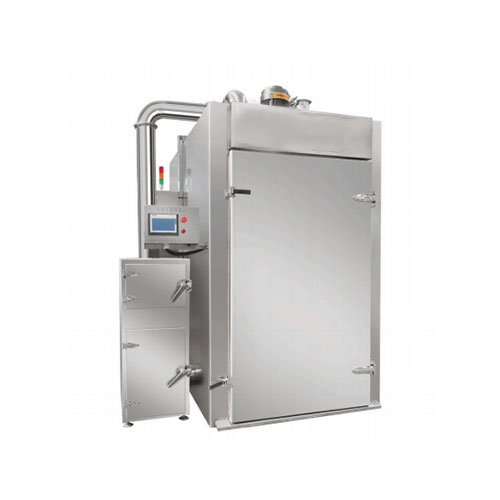
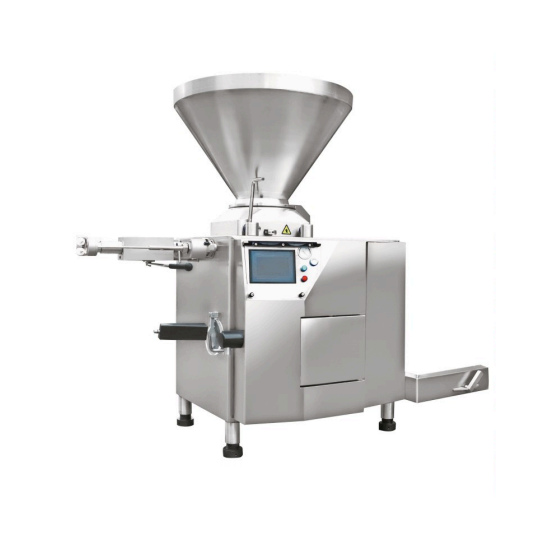
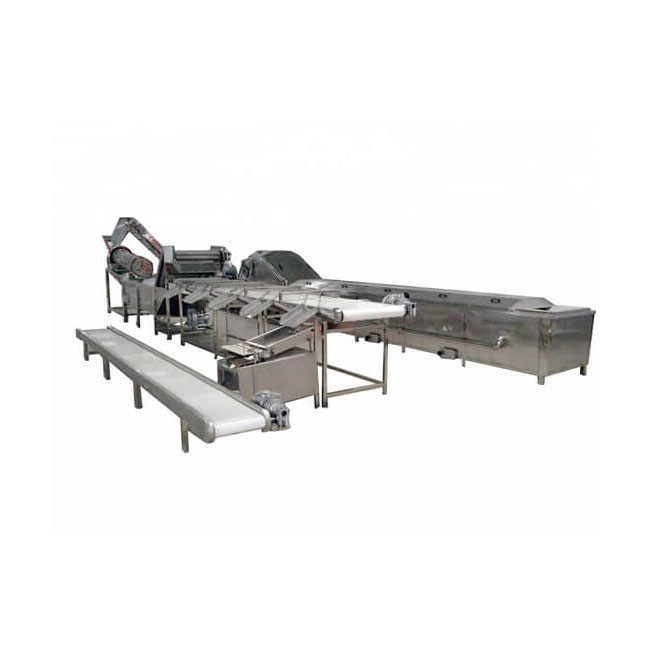
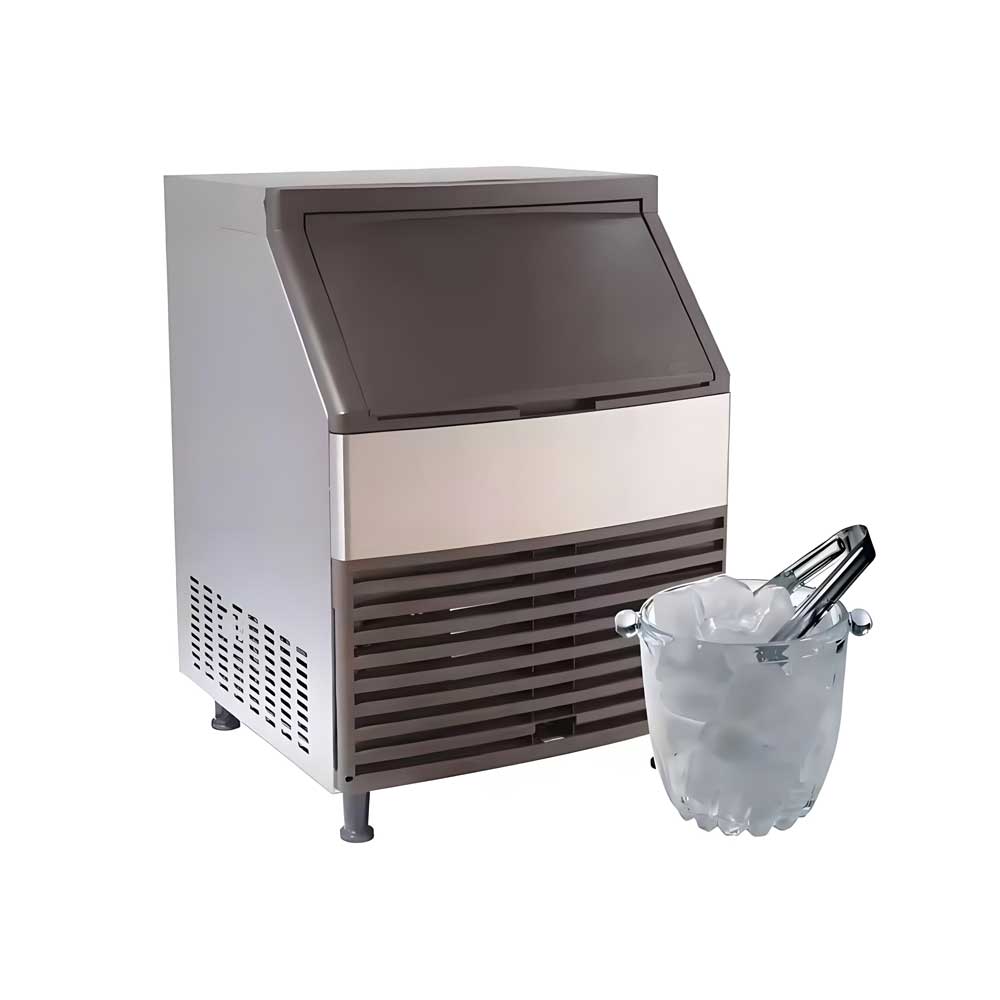
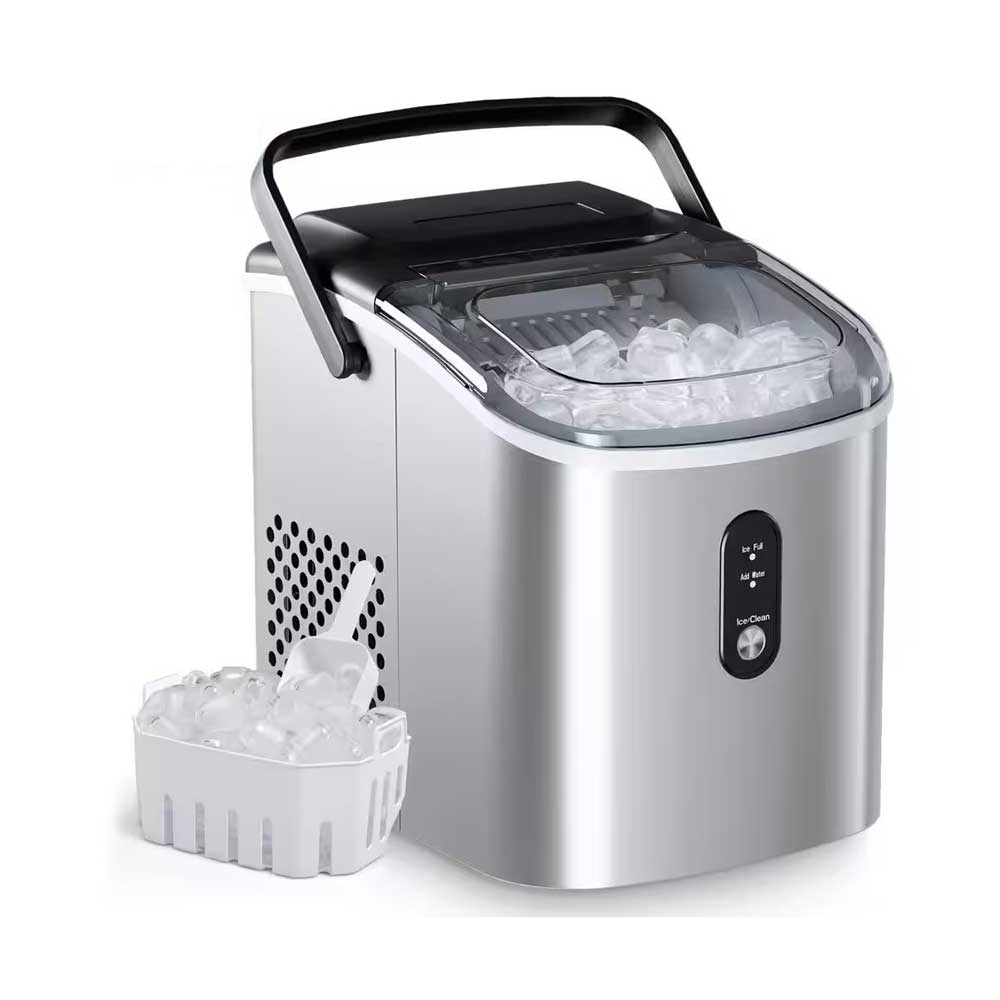 Portable Flake Ice Machine
Portable Flake Ice Machine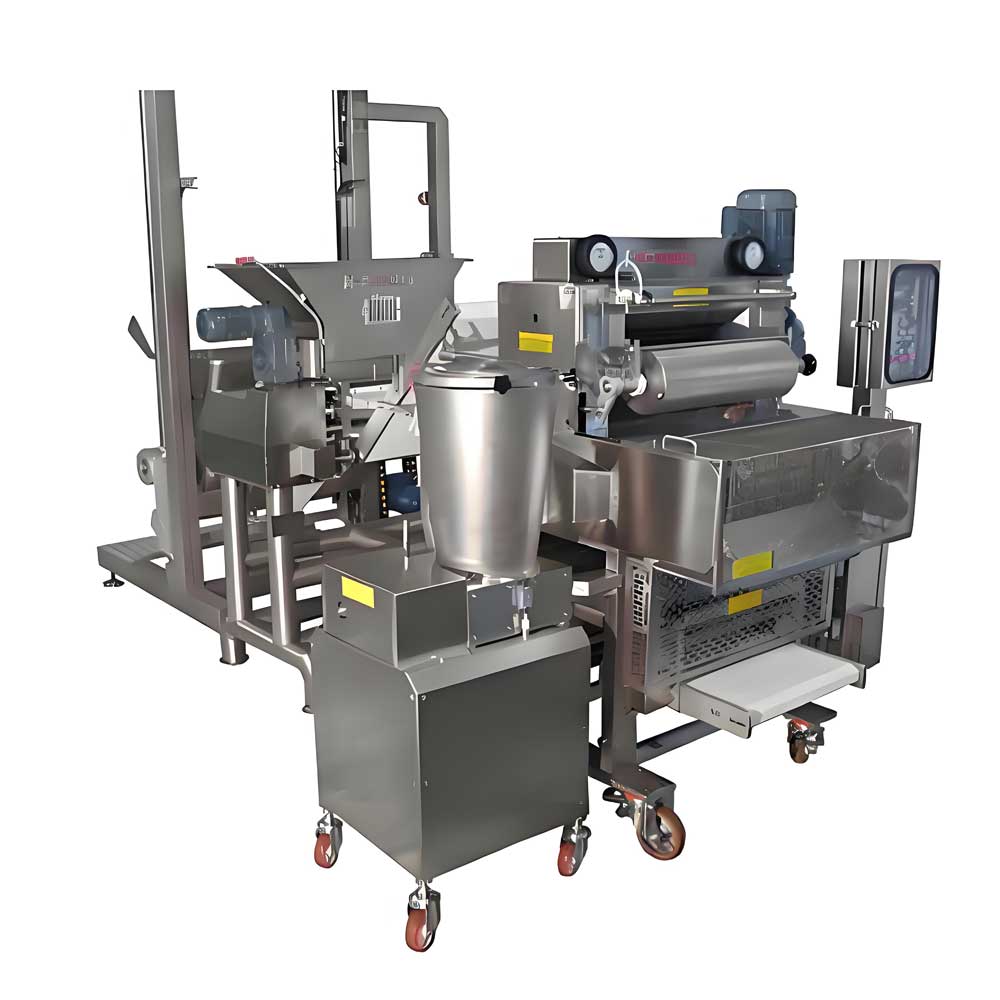 Pelmeni Making Machine
Pelmeni Making Machine
Ready to Get Started?